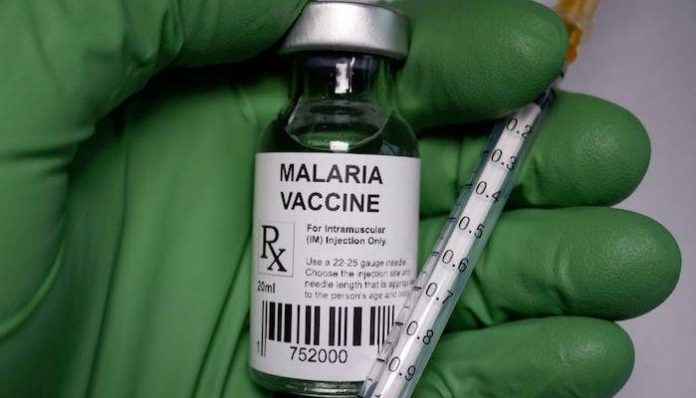THE Federal Government has vowed to eliminate Malaria following a loss of $1.1bn annually to the health crisis.
Prof. Muhammad Ali Pate, the Coordinating Minister for Health & Social Welfare made this declaration at the inaugural meeting of the Advisory on Malaria Elimination in Nigeria (AMEN) held in Abuja.
He described malaria as not just a health crisis, but also an economic and developmental emergency that must be eliminated.
In his remarks, the Coordinating Minister stated that the federal government is resolute in its commitment to eliminate malaria.
The launch of an advisory body, he pointed out, is therefore a bold and decisive step to confront and address a wicked problem that has undermined the health and economic growth of the country.
He said:” Malaria continues to exert an unacceptable toll on Nigeria With 27% of global malaria cases and 31% of global malaria deaths, our country bears the heaviest burden of this disease. In 2022, over 180,000 Nigerian children under the age of five lost their lives to malaria- a tragedy we have the tools to prevent”.
On its economic consequences, the Coordinating Minister emphatically declared: “This is not just a health crisis; it is an economic and developmental emergency. Malaria reduces productivity, increases out-of-pocket health expenditures and, compounds the challenges of poverty. The annual loss to Nigeria’s GDP from malaria exceeds $1.1billion, a stark reminder of the economic imperative of elimination.”
Malaria elimination, Prof. Pate stated, is a critical component of the Nigeria Health Sector Renewal Investment Initiative (NHSRII) framework for transforming the health sector, in alignment with the Renewed Hope Agenda of the present administration.
While acknowledging the urgency of the task as reflected in the National Malaria Strategic Plan 2021-2025, to amongst others reduce malaria prevalence to below 10 per cent, halve malaria-related mortality by 50 deaths per 1,000 live births; the Coordinating Minister highlighted the importance of traditional and religious leaders to drive grassroots support and influence behaviour change. This advocacy approach, he emphasised, will complement AMEN, in promoting the use of insecticide-treated nets, chemoprevention and vaccines.
Speaking earlier, the Minister of State for Health & Social Welfare, Dr Iziaq Salako affirmed the Advisory body as a group of experts who will provide evidence-based advisory to help the country not only to reduce its unacceptable malaria burden but set us on a realistic path to a malaria-free Nigeria.


